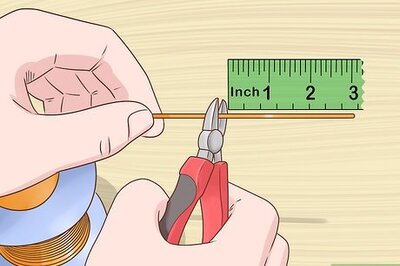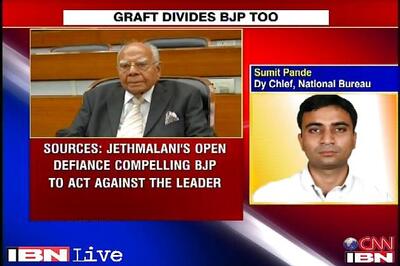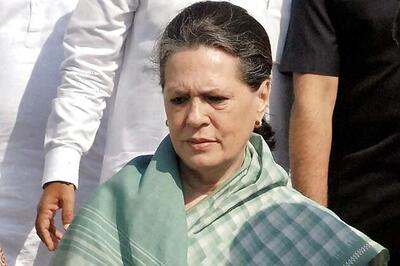
views
US has asked India to deliver the commercial promise of the historic civil nuclear agreement between the two countries. "For my Indian colleagues, I would emphasise the importance of delivering on the commercial promise of this agreement -- to put it in the American vernacular, we need to finish what we started," Geoffrey Pyatt, US Principal Deputy Assistant Secretary of State, said at a meeting held on the sidelines of the 38th annual US India Business Council (USIBC) on Thursday.
"The 2005 nuclear deal the successful collaboration that produced the 2008 Nuclear Suppliers Group exception and the Obama Administration's rapid negotiation of reprocessing arrangements completed in 2010 are illustrations of what we can accomplish when we work together in the spirit of shared enterprise," he said.
India and the US are now tantalisingly close to the first commercial contracts between India's Nuclear Power Corporation and a major US nuclear supplier, Pyatt said. "The prompt conclusion of these early commercial contracts should be a priority for both our governments and would be an important signal to sceptics that the US-India strategic partnership is living up to its promise and delivering real benefits for people in both our countries," Pyatt said in his remarks.
He said the defence relationship between the two countries have increased tremendously in recent years. "We are committed to further strengthening our already robust defence trade relationship with India. We are proud to have a growing track record of major system sales, including C-17 and C-130J transport aircraft, P-8I maritime surveillance aircraft, and are on the cusp of signing many more deals," Pyatt said.
"This is significant progress from where we started a decade ago. We have now signed more than 20 Foreign Military Sales cases for defence articles and services with India. Our Direct to Commercial Sales, the number of licenses issues, and the complexity of those licenses all continue to increase," he said adding that the defence sales are more than mere transactions.
"We both endeavour to move beyond a transactional defence relationship. Large, complex weapons systems are meant to last years, even decades. These systems require maintenance and upgrades throughout their life cycle. Indeed, the initial sale of a defence system is often just the starting point of a long-term relationship," Pyatt said. The United States, he said, views the defence sales as a means to the greater end of building a strategic partnership that will foster cooperation in areas of mutual interest.
India, Pyatt said, is America's most important partner in South Asia, and security cooperation is one of the pillars of its strategic collaboration and represents an enormous achievement for the overall bilateral security relationship. Through Defence Trade Initiative, he said, the US is are committed to reducing bureaucratic impediments, easing transactions between buyers and sellers, increasing cooperative research, and focusing on co-production and co-development opportunities.
"The benefits of this enhanced security cooperation were visible recently, when India's Air Force deployed recently purchased C-130J aircraft to provide its flood-ravaged northern states with critical relief supplies. But I want to emphasise that our efforts are not a one-way street. To improve the relationship, though, we'll need to work through a handful of complex challenges in our defence trade relationship. These issues are sometimes technical, but they can also be political," he cautioned.
Pyatt said there are significant obstacles to further growth in defence trade with India. "India's insistence on 30-50 per cent offset packages to facilitate the growth of its defence industrial base is often incompatible with its existing capacity. And the current 26 per cent cap on foreign direct investment in defence industries limits incentive for US companies to fulfil Indian requests for high-technology defence articles," he noted.
"We also offer to India a defence sales process that few other countries can claim, in that the FMS process is a corruption free system. FMS invokes the full faith and performance of the US government military procurement system. It commits the United States to honour contract terms and to support US weapon systems throughout their life-cycle. India can therefore rely on the US government FMS process for a transparent, corruption-free process with an established history of performance," Pyatt said.




















Comments
0 comment